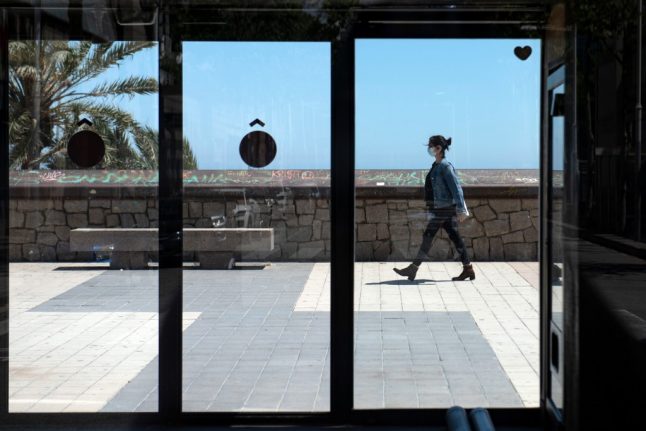“It should be the last state of emergency (period) and will continue until the end of the rollback. For that reason, instead of being a 15-day(extension) it will be for about a month,” Pedro Sanchez said in a televised address.
If approved by parliament, it would mean the state of emergency, which is currently set to expire on May 24, would last until late June.
The lockdown was first declared on March 14 to slow the spread of the virus in Spain, which has suffered one of the world's most deadly outbreaks with 27,000 deaths and more than 230,000 cases.
Renewed four times, the decree has seen the government impose some of the world's tightest restrictions on Spain's population of nearly 47 million, although it has since begun a staged rollback which is due to be completed by the end of June.
The latest data showed a further fall, with the number of overnight deaths dropping to 102 in what was the lowest figure in two months — and a far cry from the 950 of April 2 when the epidemic peaked.
Since May 11, half of Spain's population has benefited from an easing of the restrictions, with cafe terraces reopening and people allowed to meet in groups of up to 10 people.
And by Monday, fully three-quarters of the population will be able to enjoy such freedoms although these measures have not yet been rolled out in the worst-hit areas such as the Madrid region and Barcelona.
The government's decision to keep Madrid in the so-called preparatory phase zero has provoked a backlash from the regional authorities who have accused the central government of playing politics and even threatened to take legal action.
The last time Sanchez's government sought to extend the measure, he faced a wave of opposition from his rightwing opponents who vowed to block the move, although it was ultimately passed.
READ MORE:
Which phase is my province in and what activities are allowed?



 Please whitelist us to continue reading.
Please whitelist us to continue reading.
Member comments